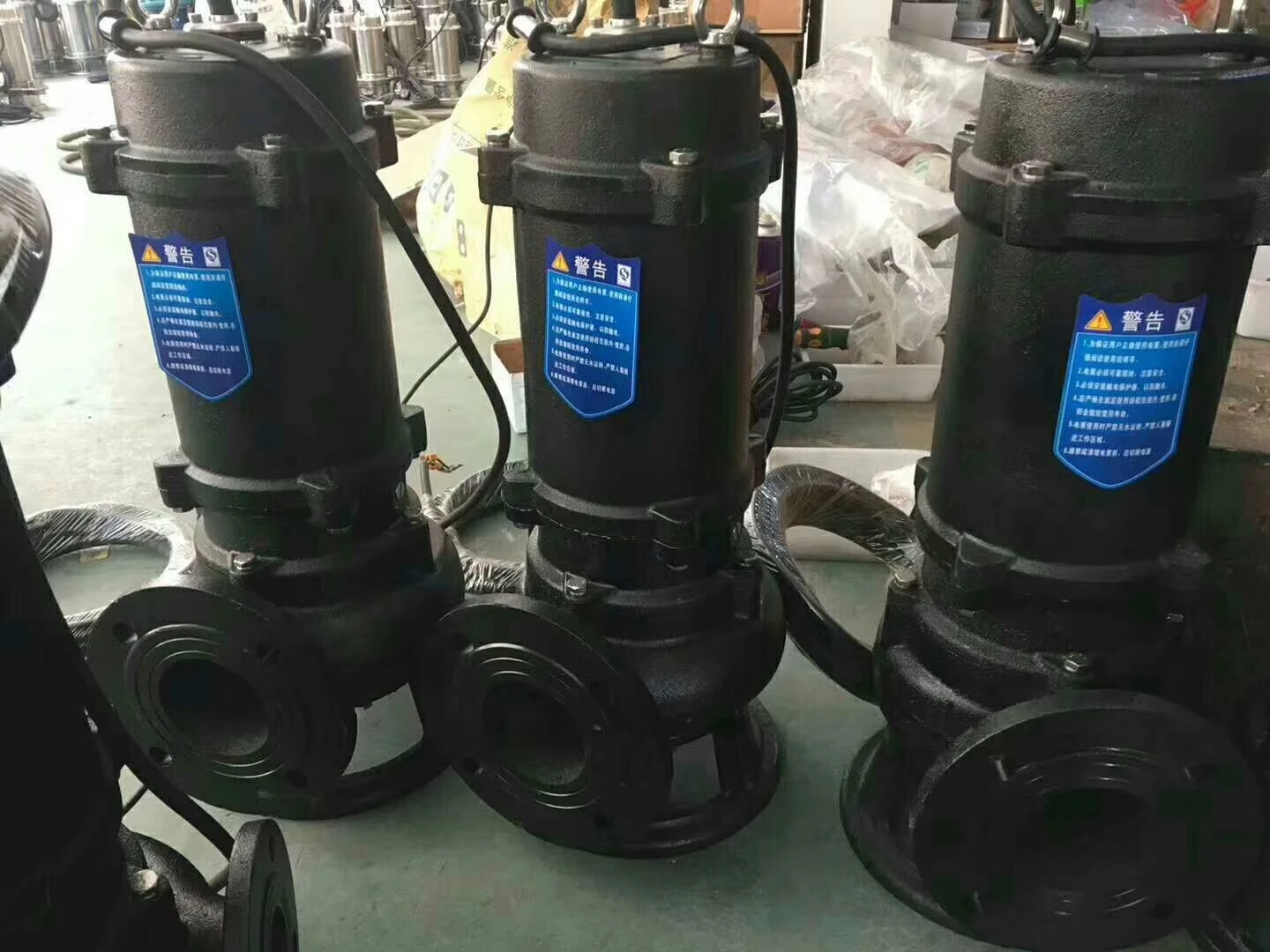English
- Afrikaans
- Albanian
- Amharic
- Arabic
- Armenian
- Azerbaijani
- Basque
- Belarusian
- Bengali
- Bosnian
- Bulgarian
- Catalan
- Cebuano
- Corsican
- Croatian
- Czech
- Danish
- Dutch
- English
- Esperanto
- Estonian
- Finnish
- French
- Frisian
- Galician
- Georgian
- German
- Greek
- Gujarati
- Haitian Creole
- hausa
- hawaiian
- Hebrew
- Hindi
- Miao
- Hungarian
- Icelandic
- igbo
- Indonesian
- irish
- Italian
- Japanese
- Javanese
- Kannada
- kazakh
- Khmer
- Rwandese
- Korean
- Kurdish
- Kyrgyz
- Lao
- Latin
- Latvian
- Lithuanian
- Luxembourgish
- Macedonian
- Malgashi
- Malay
- Malayalam
- Maltese
- Maori
- Marathi
- Mongolian
- Myanmar
- Nepali
- Norwegian
- Norwegian
- Occitan
- Pashto
- Persian
- Polish
- Portuguese
- Punjabi
- Romanian
- Russian
- Samoan
- Scottish Gaelic
- Serbian
- Sesotho
- Shona
- Sindhi
- Sinhala
- Slovak
- Slovenian
- Somali
- Spanish
- Sundanese
- Swahili
- Swedish
- Tagalog
- Tajik
- Tamil
- Tatar
- Telugu
- Thai
- Turkish
- Turkmen
- Ukrainian
- Urdu
- Uighur
- Uzbek
- Vietnamese
- Welsh
- Bantu
- Yiddish
- Yoruba
- Zulu
Telephone: +86 13120555503
Email: frank@cypump.com
Nov . 04, 2024 23:13 Back to list
sewage pump
Understanding Sewage Pumps An Essential Component of Wastewater Management
Sewage pumps are an essential component in the management of wastewater, playing a crucial role in the disposal and treatment of sewage. They are designed to transport waste and effluent from homes, businesses, and industrial facilities to treatment plants or septic systems, ensuring that our communities remain clean and environmentally friendly. In this article, we will explore the functionality, types, and importance of sewage pumps in modern sanitation systems.
How Sewage Pumps Work
At their core, sewage pumps are electrical devices that utilize a motor to move wastewater from a lower elevation to a higher elevation or long distances. This is typically necessary when the sewage system cannot rely solely on gravity to flow downhill. These pumps can handle solids, such as toilet paper and organic waste, thanks to their specially designed impellers and cutting mechanisms, which shred larger materials into smaller pieces.
When the sewage reaches a certain level in a sump basin or pit, the float switch activates the pump, transporting the waste through discharge pipes. Depending on the system's design, the sewage can be directed to a municipal sewage treatment facility or a private septic system.
Types of Sewage Pumps
There are mainly two types of sewage pumps submersible pumps and effluent pumps.
1. Submersible Pumps These pumps are designed to operate underwater and are completely submerged in the sewage. They are typically used in residential settings, such as basements and crawl spaces, where sewage needs to be pushed to the municipal sewer lines. The sealed motor allows for efficient operation, minimizing the risk of electrical hazards and reducing noise levels.
2. Effluent Pumps Unlike submersible pumps, effluent pumps are typically used in applications where the sewage is relatively free of solids or has been previously processed. These pumps are usually employed in systems that handle wastewater after initial treatment, transferring liquid effluent to drain fields or other disposal areas.
sewage pump

The Importance of Sewage Pumps
Sewage pumps are vital for several reasons
1. Health and Sanitation Proper sewage management is crucial for public health. A malfunctioning sewage pump can lead to significant backflows or leaks, which can contaminate water sources and pose serious health risks. Regular maintenance and timely replacement of sewage pumps help prevent such situations.
2. Environmental Protection When sewage is not adequately managed, it can result in pollution of local waterways, soil, and air. The swift and efficient operation of sewage pumps helps mitigate potential environmental hazards by ensuring that sewage is directed to proper treatment facilities.
3. Convenience and Comfort For homeowners, sewage pumps are essential for maintaining a functional wastewater disposal system in basements or areas below the main sewer line level. Their operation ensures that residential plumbing works seamlessly, preventing inconvenient clogs and backups.
4. Economic Benefits By preventing sewage spills and ensuring efficient wastewater treatment, sewage pumps contribute to significant economic savings. They minimize the costs associated with environmental cleanup, health emergencies, and property damage due to sewage overflow.
Conclusion
In summary, sewage pumps are indispensable tools in the broader context of wastewater management. Their ability to transport sewage efficiently and safely protects public health and the environment while providing convenience to homeowners. Understanding how these pumps work, the types available, and their importance can help us appreciate the vital role they play in our daily lives and sustainability efforts. As we continue to advance in technology and environmental awareness, the reliance on efficient wastewater systems will only grow, making the proper functioning of sewage pumps more critical than ever.
-
ISG Series Vertical Pipeline Pump - Chi Yuan Pumps Co., LTD.|Advanced Hydraulic Design&Energy-Efficient Solutions
NewsJul.30,2025
-
ISG Series Vertical Pipeline Pump - Chi Yuan Pumps Co., LTD.
NewsJul.30,2025
-
ISG Series Vertical Pipeline Pump - Chi Yuan Pumps Co., LTD.|energy-efficient fluid handling&industrial durability
NewsJul.30,2025
-
ISG Series Vertical Pipeline Pump - Chi Yuan Pumps | Advanced Engineering&Industrial Efficiency
NewsJul.30,2025
-
ISG Series Pipeline Pump - Chi Yuan Pumps | High Efficiency, Energy Saving
NewsJul.30,2025
-
ISG Series Vertical Pipeline Pump-Chi Yuan Pumps|High Efficiency&Reliable Performance
NewsJul.29,2025










